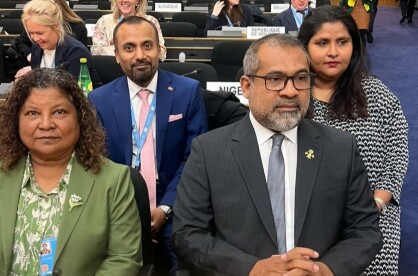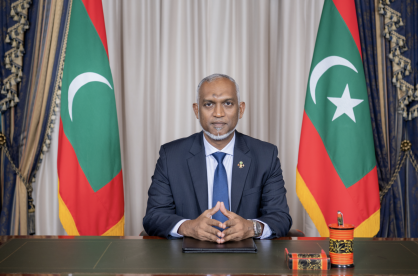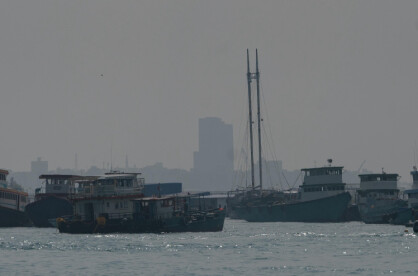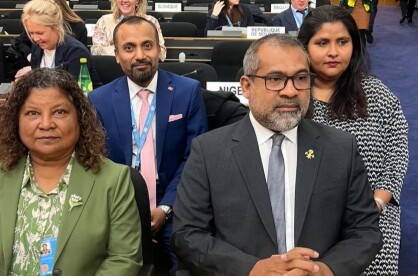Talking about the MVR 100 billion debt has become a topic of the past for the Maldives as the country faces the stark realities of reaching the deadlines for paying the million-dollar loans the many administrations have taken over the years. Although the Maldives continues to see major developments through various projects in collaborations with countries such as several housing projects as well as the Sinamale’ bridge which was constructed with the help of China, there has always been a cost to these developments. Although every single administration in the present and the past has been aware of the mounting debt crisis in the Maldives, the warning signs were ignored over the years - leading to the country now facing the realities of having to pay back multiple loans to countries at the same time.
With this, the country has been exploring multiple methods of cost reduction over the past few years. Although it has not proven to be fruitful so far, the Government has discussed implementing measures such as reducing state expenditure as well as increasing taxes. As the citizens of the Maldives wait to get a positive outcome from the ‘cost reduction measures’, the President of the Maldives Dr Mohamed Muizzu has announced that China has given the green light for restructuring the loan repayments.
According to the announcement made by the president on the celebration held to celebrate the 59th independence day of the Maldives, China has agreed to give the Maldives a 5-year differ period before the country is due to pay back the loans. If this proves to be true, it is a positive sign for the Maldives as the county is currently in no state to pay back loans, but five years would give ample time to reduce costs and increase the revenues in order to be in a better financial position to settle its debt with countries.
As per the statistics from the World Bank, the biggest lenders for projects that were carried out in the Maldives are banks in India and China, with the Maldives currently owing China an estimated USD 1.37 billion dollars. With this staggering amount totalling 20 percent of the total external debt of the Maldives, the amount that the Maldives owes to India’s EXIM bank is not any lower as well. According to President Dr Mohamed Muizzu, there are a few positive signs to managing the Maldives’ debt when it comes to its external loans.
The three big measures include:
- The Chinese government has already given the green light to the Exim Bank of China for development projects and the interest on the loans to not be paid within the next five years; The technical work is now underway
- The Indian government recently deferred a USD 50 million debt owed by the Maldives
- The UAE government has also deferred the loan for the next five years
Although deferring loan payments sounds like yet another delayed debt crisis if the Government does not take proper measures to prepare for the repayments, with the current state of the Maldivian economy the deferred payments give the country time to prepare for the repayment rather than ending up in a similar situation to Sri Lanka.
Giving yet more hope to managing the debt better, the President also noted that the Maldives has so far managed to pay off MVR 3.8 billion without resorting to printing during the current administration. While this gives some hope for the loan repayment and debt crisis, H.E. China's ambassador to the Maldives, Wang Lixin, said in May of 2024 that China had no intention of deferring the debts. According to the ambassador, if the debt is restructured, the Maldives may not be able to borrow from China for new projects in the future and as China does not want the Maldives’ debt to increase further China is now giving top priority to its free aid projects in the Maldives.







